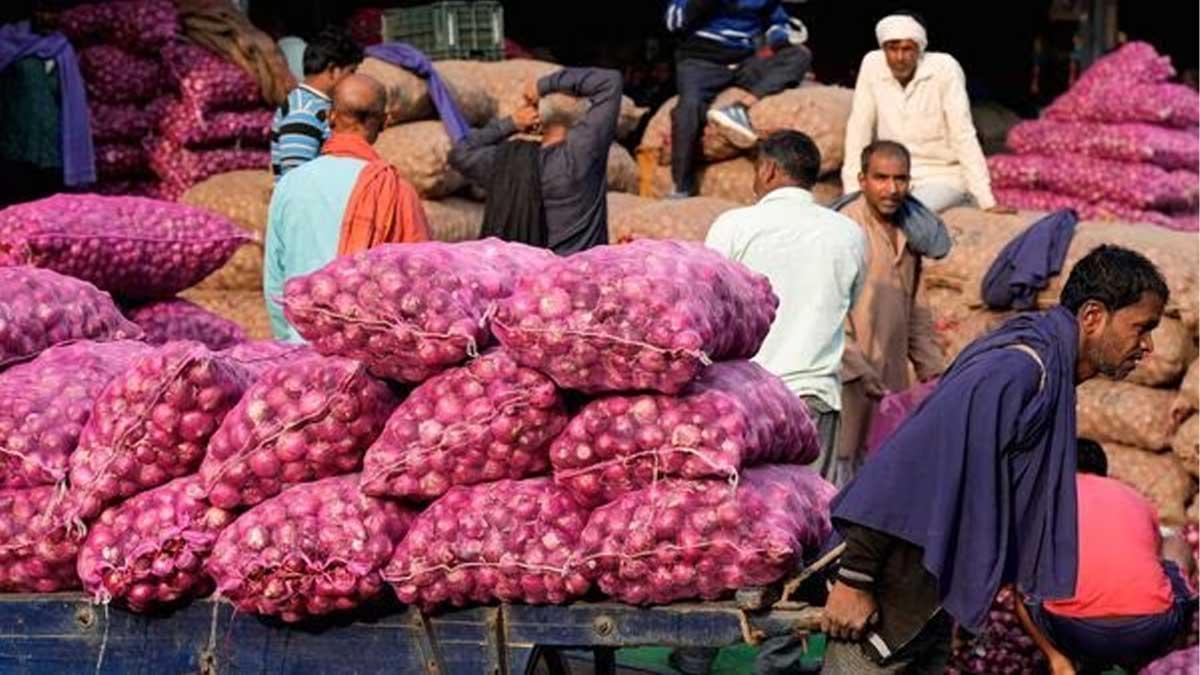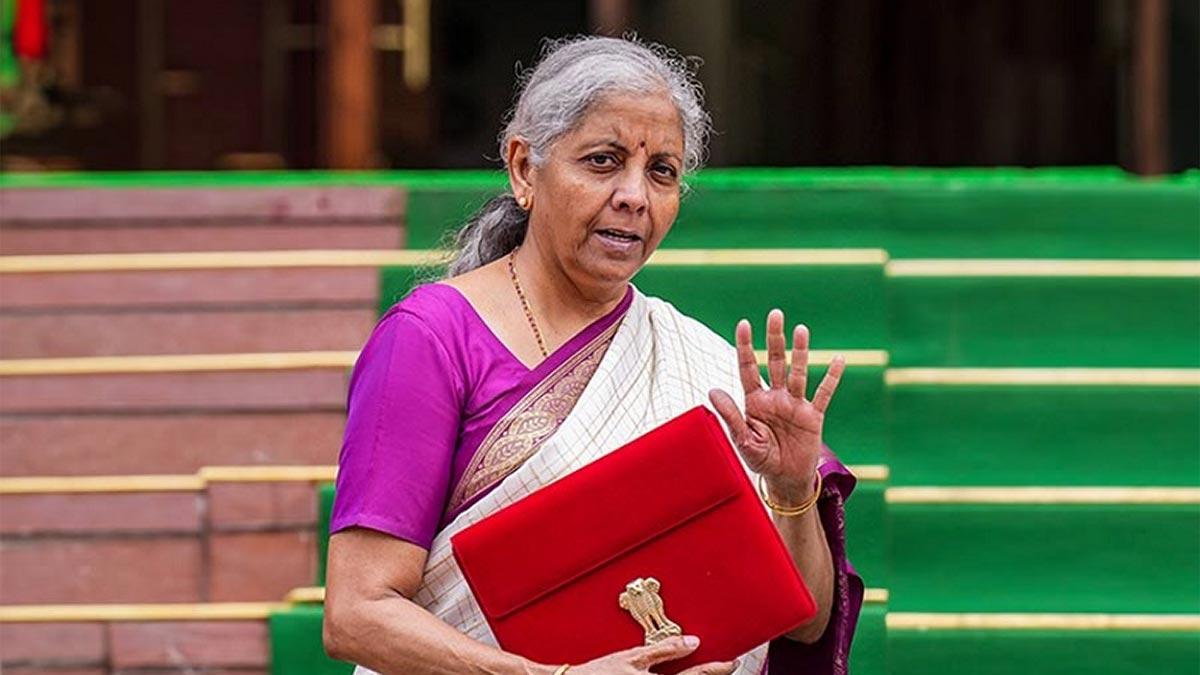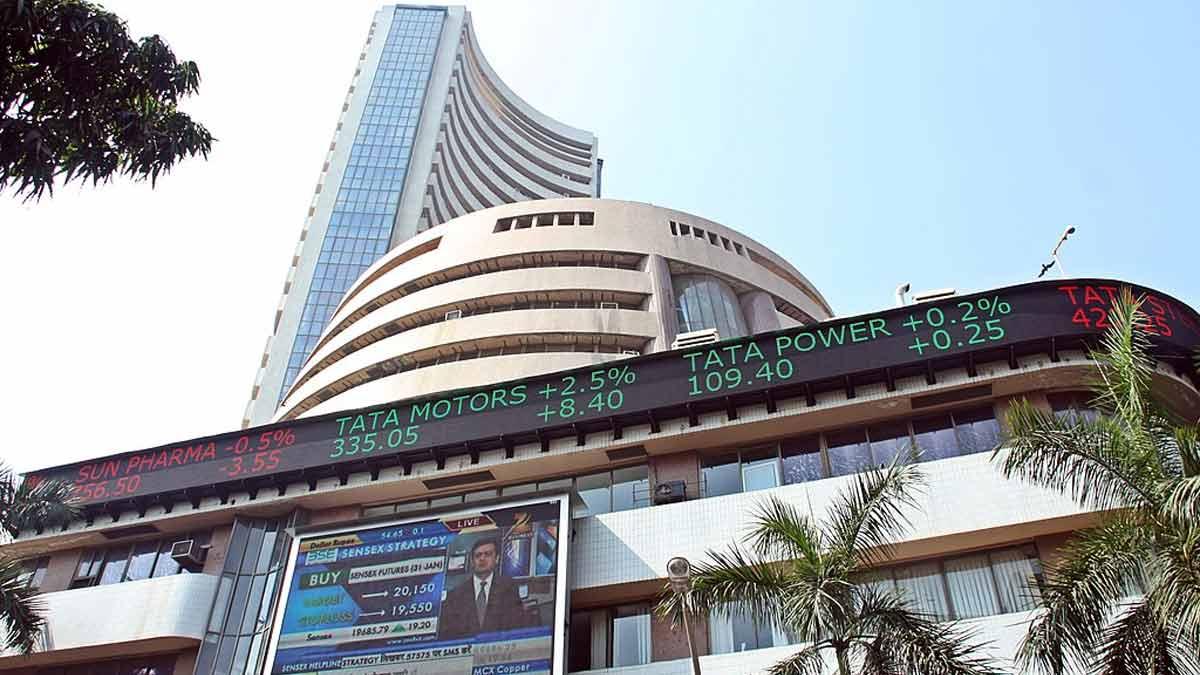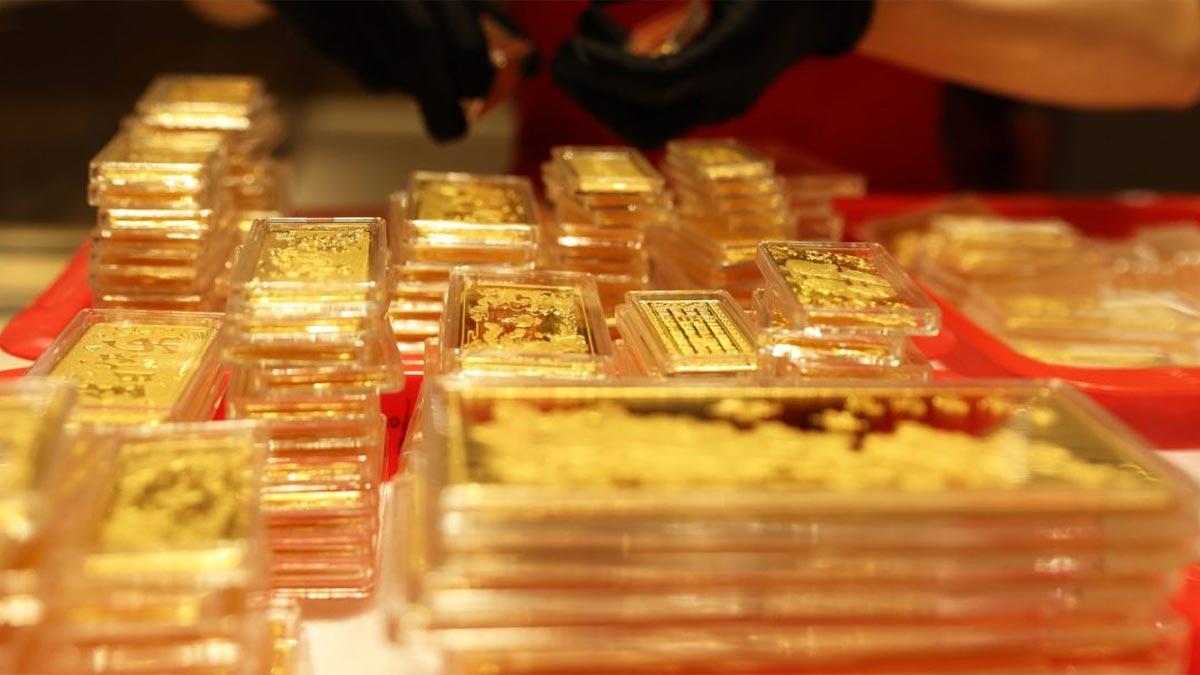This is part of the government's approach to finding a middle ground, helping the farmer to earn reasonable prices while inflation can be managed for the sake of the consumers.
Earlier, the government allowed the export of 99,150 metric tonnes of onions on April 27 for the six neighboring countries, including Bangladesh, UAE, Bhutan, Bahrain, Mauritius, and Sri Lanka.
The prohibition on the export of onions was first announced on December 8, 2023 for the purpose of keeping sufficient supply of onions in the country and price control due to lower outputs of both the Kharif and Rabi crops in 2023-24, and, at the same time, increased international demand.
National Cooperative Exports Limited (NCEL) has been importing onions through an e-platform at competitive price levels from the country and exporting it to the government-nominated agencies in destination countries by giving full advance payment.
The NCEL pricing policy takes into account the prevailing rates in the destination and domestic markets and allocates quotas to these countries according to their needs.
Maharashtra is the leading onion-producing state of India and, thus, plays a major role in exporting onions for NCEL.
Further, the government has also allowed the export of 2000 metric tonnes (MT) of white onions grown specially for exports to the Middle East and Europe. White onions require higher costs as, apart from increased seed use, GAP-like procedures are followed in the process of growing them, and strict regulations exist for MRL limits.
The government, with the help of the Price Stabilization Fund (PSF), is going to purchase 5 lakh tons of onions from the Rabi-2024 harvest through involvement of central agencies like NCCF and NAFED and other local agencies to aid procurement, storage, and farmer registration.
The Department of Consumer Affairs is going to purchase a multi-fold increase in the volume of irradiated and cold-stored stocks from last year's 1200 MT to over 5000 MT this year with the help of a technical collaborator from BARC, Mumbai. Experiments in the past for onion irradiation and cold storage showed that the storage loss could be maintained below 10 percent. This is the reason for this increase.
Read also | RBI Reports Overwhelming Return of Rs 2,000 Banknotes: 97% Back in Circulation


















